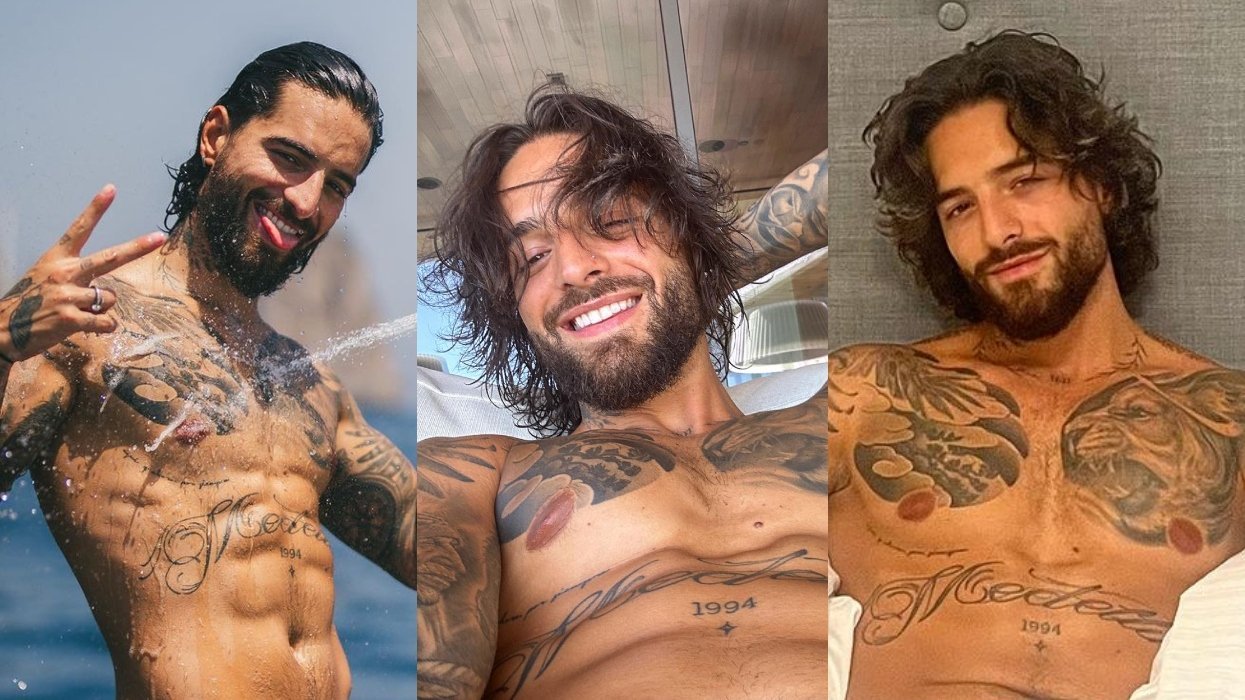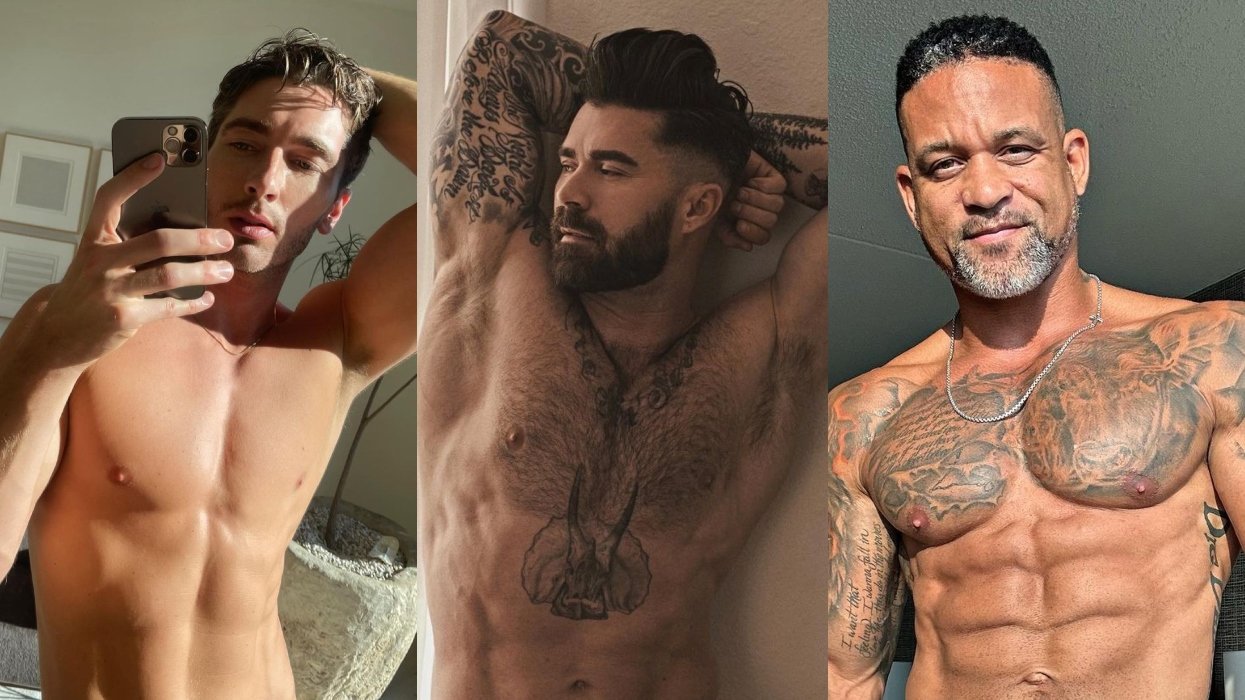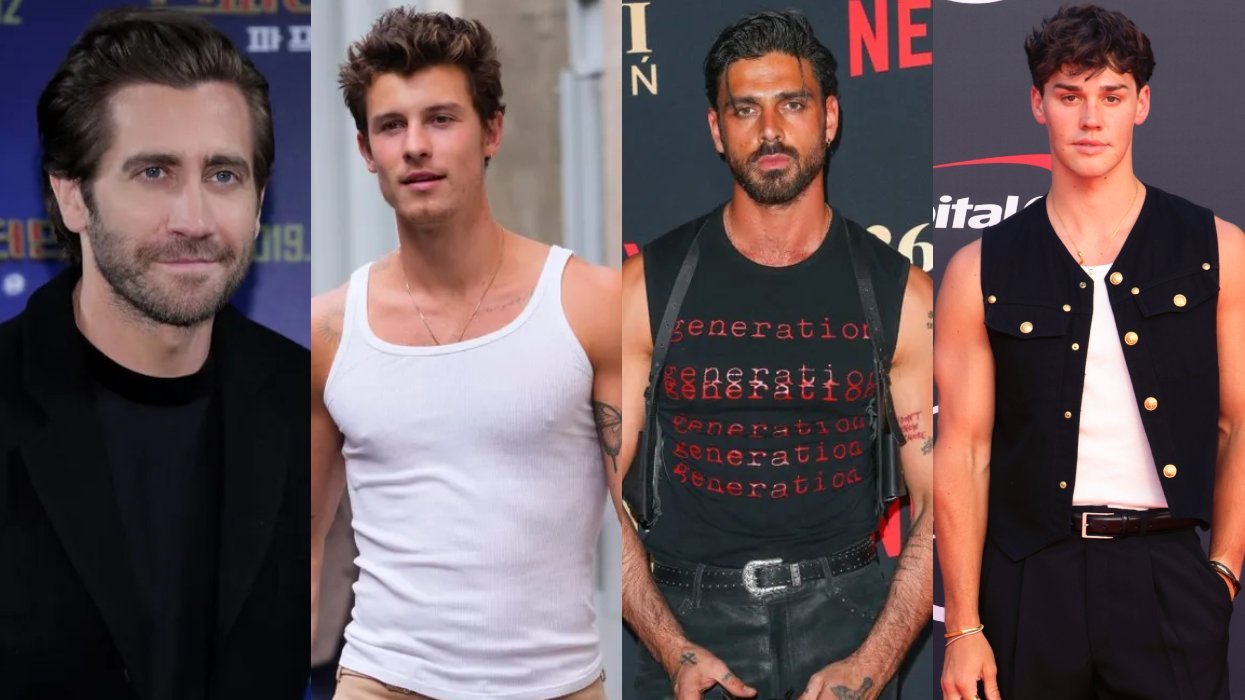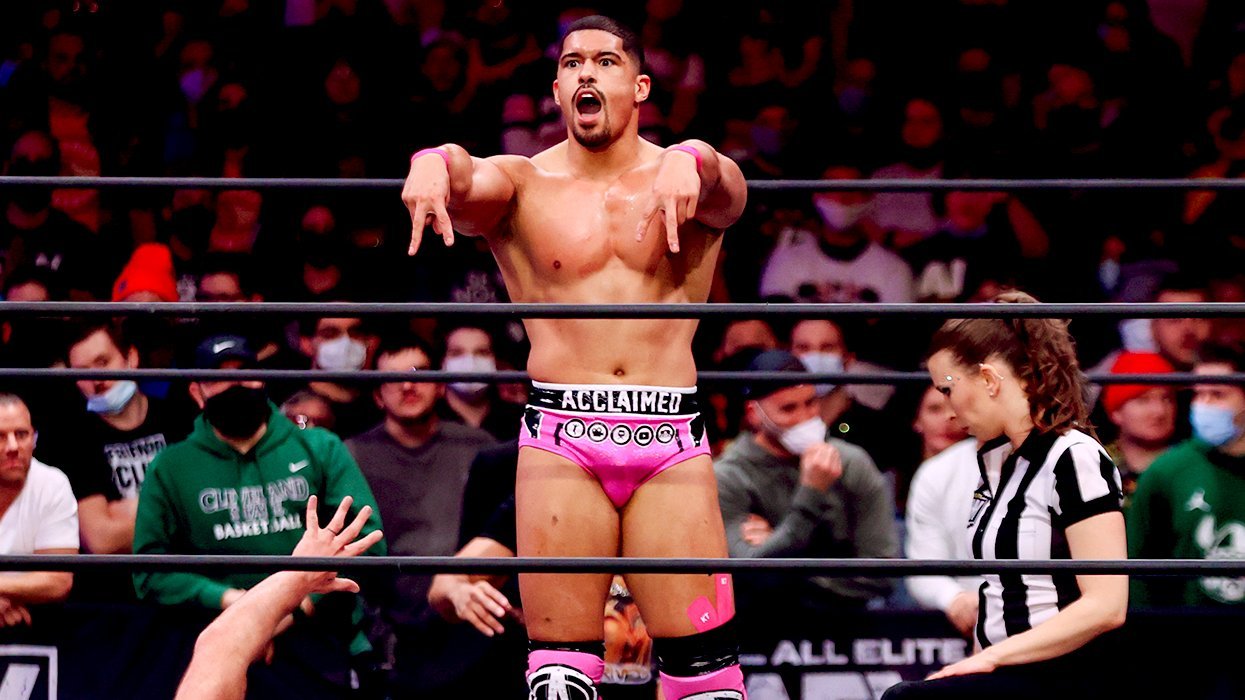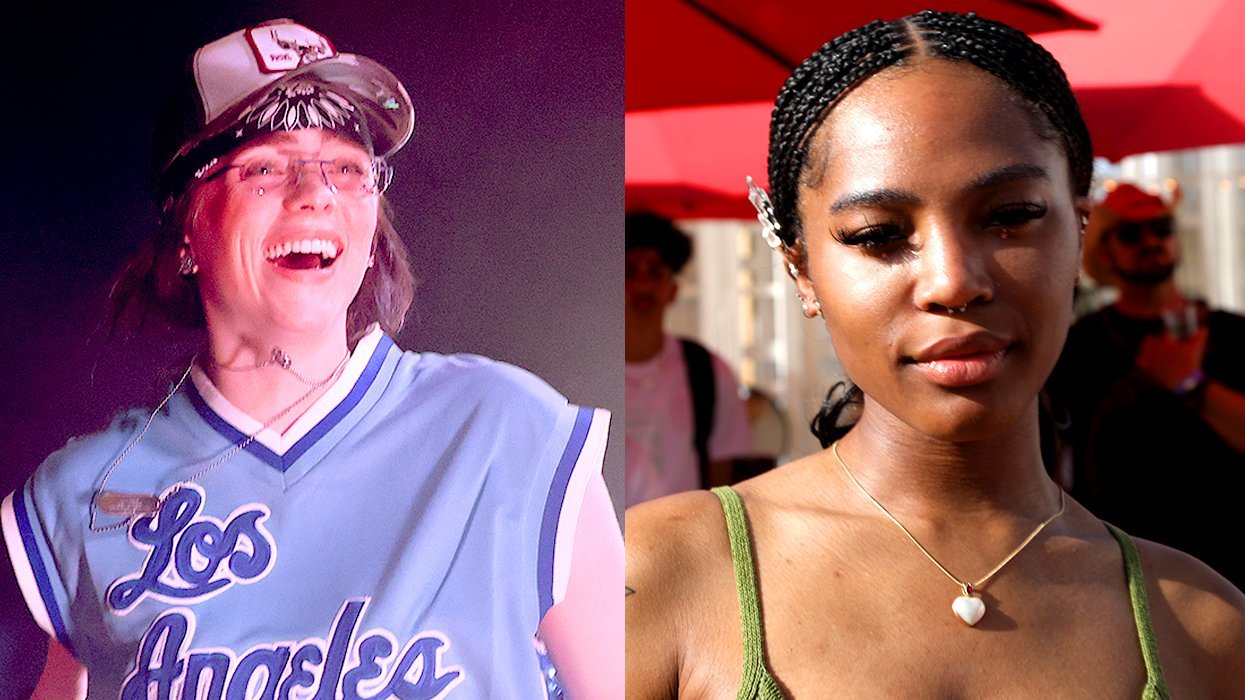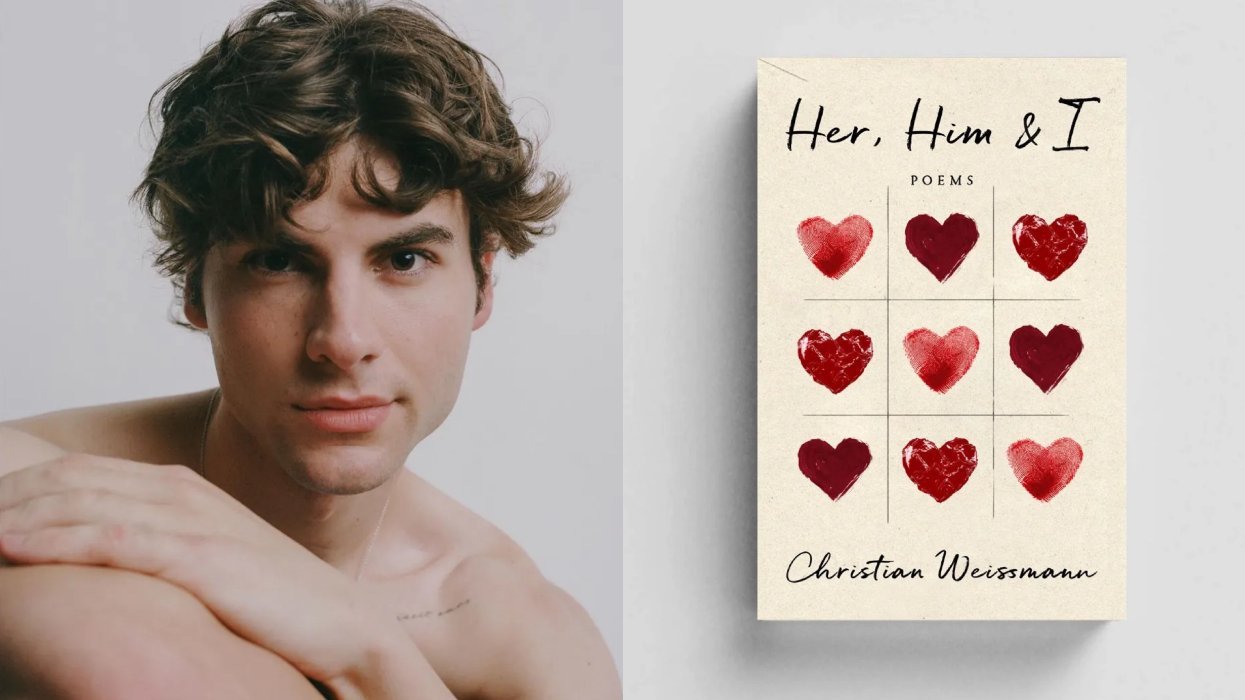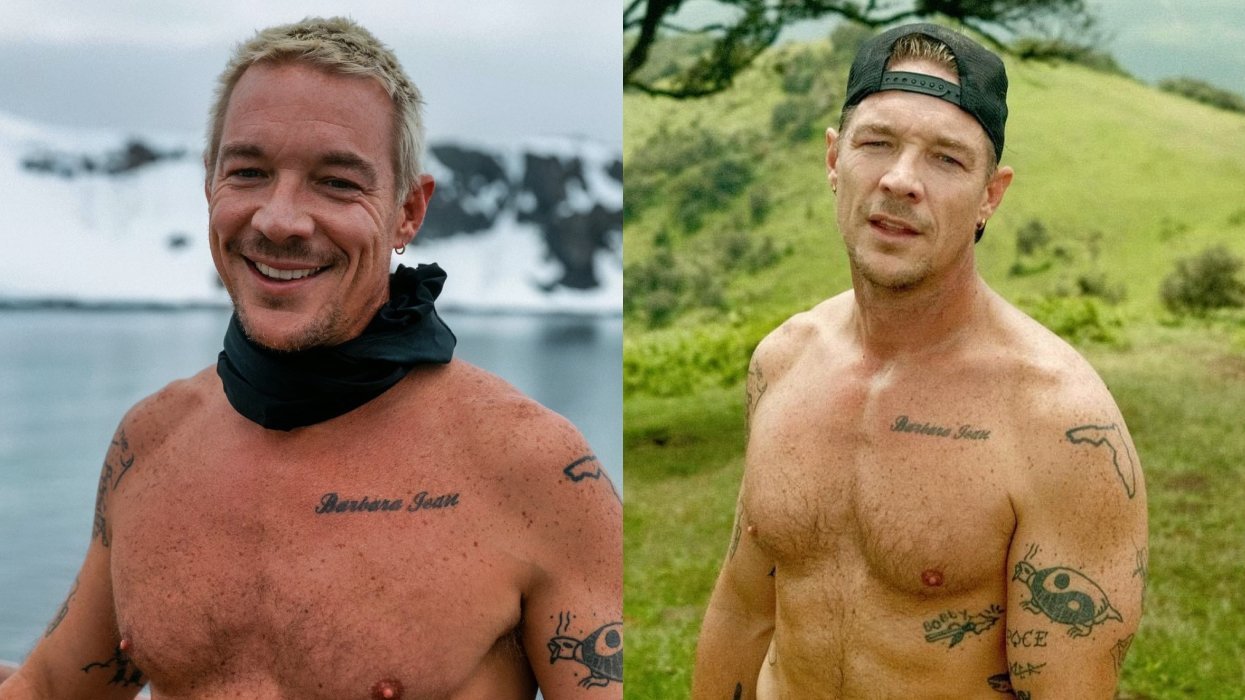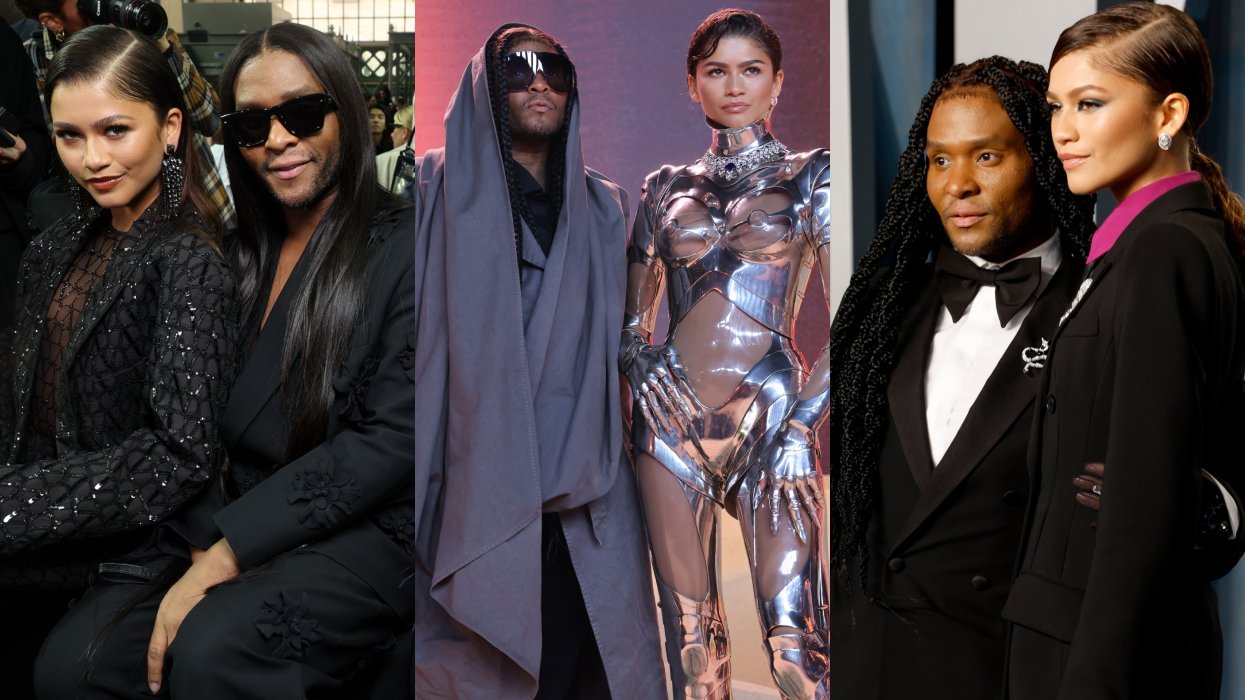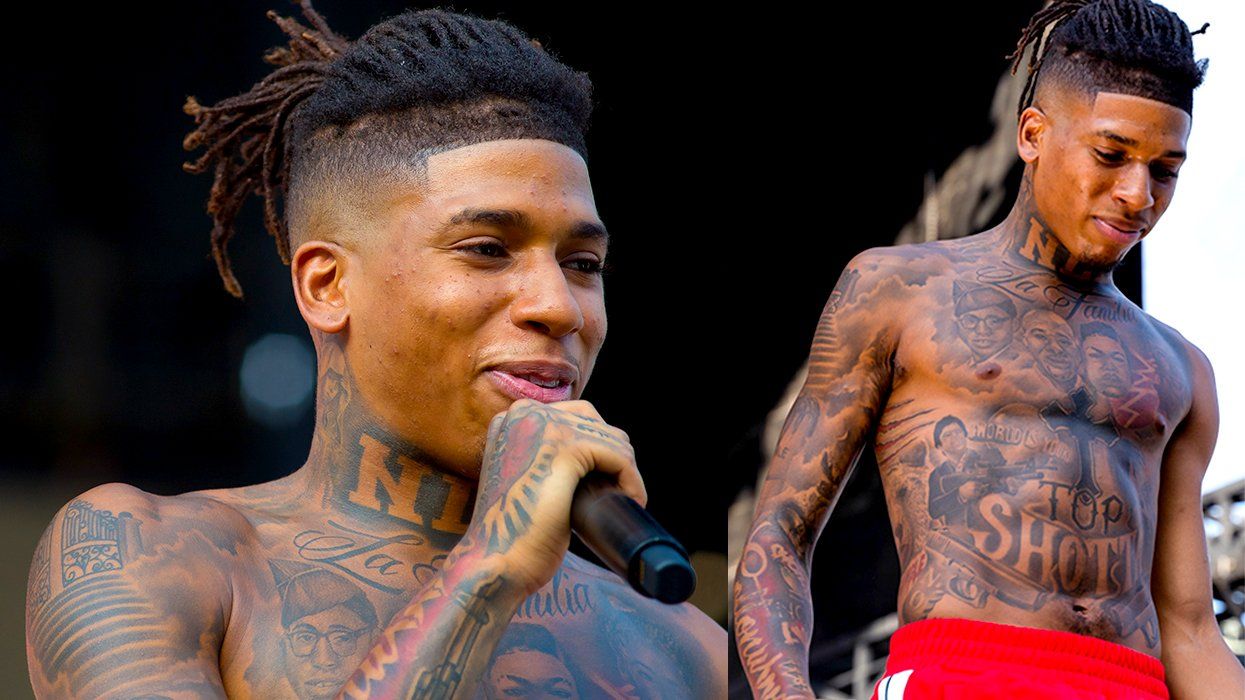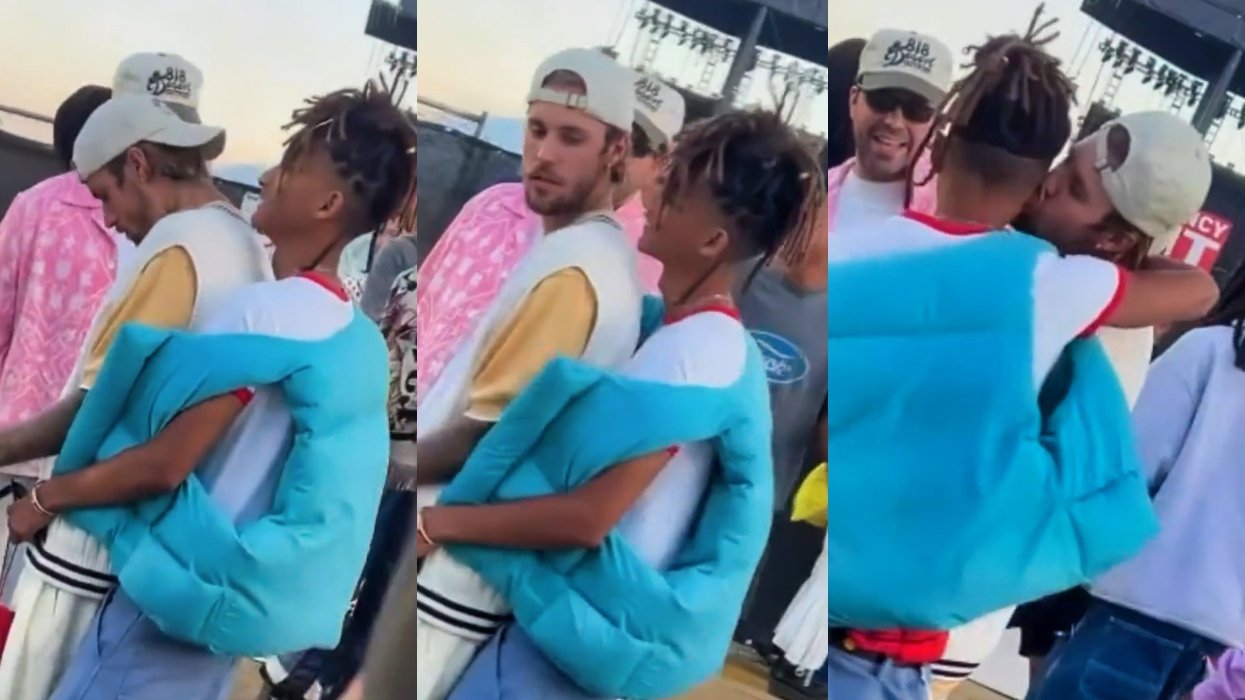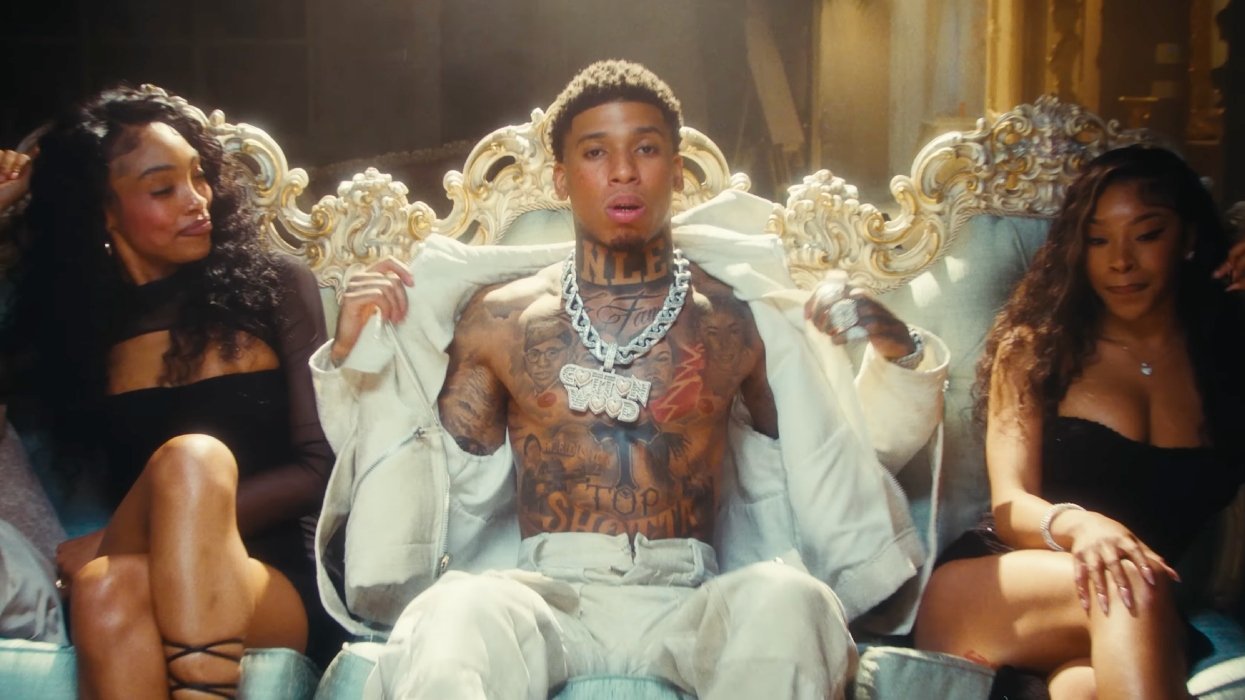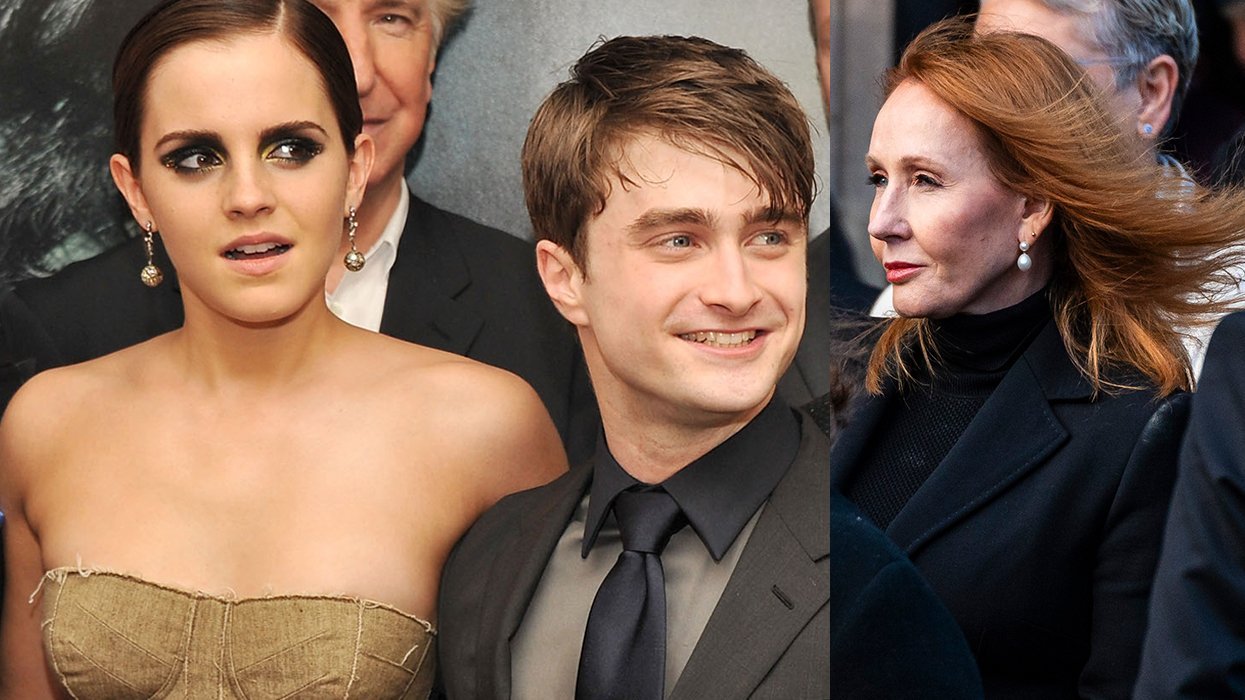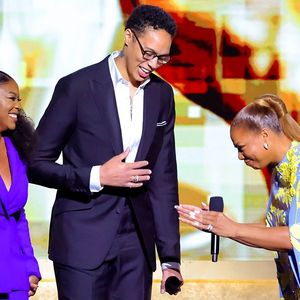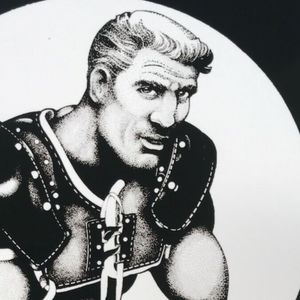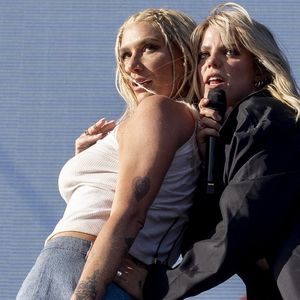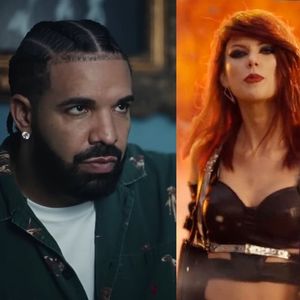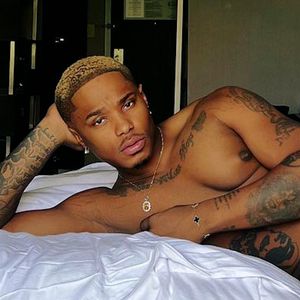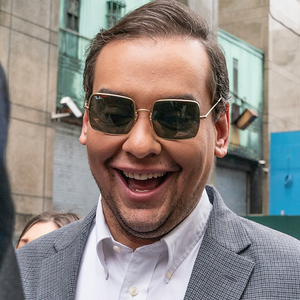Popnography
CONTACTStaffCAREER OPPORTUNITIESADVERTISE WITH USPRIVACY POLICYPRIVACY PREFERENCESTERMS OF USELEGAL NOTICE
© 2024 Pride Publishing Inc.
All Rights reserved
All Rights reserved
By continuing to use our site, you agree to our Private Policy and Terms of Use.
Why do you think Boulder and San Francisco are such hotbeds for this style of music that borrows from various cultures and is both live music and synth based?
I think it really started with New York and the West Coast being hotbeds of electronic music. Through that process, Boulder jam bands began to expand on their music by including bluegrass and other styles and also included electronic music. Now everybody's on board.
Do you like the term "jam?"
That's not really what we are doing but that's where some of the roots of what we do come from.
It's one of those genre titles that's diluted.
Yeah, it's because there is so much variety. It's like saying that you are playing rock. Joni Mitchell is rock and Metallica is rock. It is a super vague term. Electronic or jam, at this point, is a very broad category. There is so much diversity in the universe right now and the world of music is no exception. There are so many sub-genres. I think anytime you say something like that you are generalizing.
Where do you think Lynx and Janover fits into the musical landscape?
I think you can technically call us electro-acoustic in the sense that we are playing acoustic instruments but we have a computer onstage. We are mixing ancient technology with modern technology. It is a blending of the worlds. We named our record Between Worlds partly because of that fact that we are at heart originally acoustic musicians playing in a somewhat traditional style having to do with songwriting and folk and acoustic music, but we are also lovers of electronic music as producers and DJs. That is the music we listen to and the social festival scene we are a part of. Sometimes we are the only artists on the festival lineup that are pulling out instruments that you have to tune. We are the only people playing acoustic instruments at an all-electronic music festival like Shambhala Festival in British Columbia, which is one of the bigger electronic music festivals in North America. Not many people are playing instruments with strings at that event.
Do you think that festivals have made your audiences more varied?
We love playing festivals because we get to be part of greater community of musicians and meet people and plant seeds for collaborations down the line. You get to also play for people that may or may not know who you are because they are at this festival. We are doing 25 festivals this year.
That's amazing! I interviewed Beats Antique, who I know are good friends of yours and now a musical collaborator, and both your groups are a testament to the power of touring.
Those guys are our close friends and we have already collaborated with them on one track and we are about to put out another track we did together and we are talking about doing more tracks. Part of the reason we want to collaborate with them is because we have a similar take on the music making process. We don't rule out anything. We are into big dub-step bass and the electronic sounds of drums and also live instruments. David Satori plays violin and Tommy "Sidecar" Cappel plays a drumkit and Lynx plays guitar and sings, which is one of the oldest form of human expression. Not a lot of DJs have live vocals. We are pretty much the exception. It's a good time to bring this into the world. It's a good time to bring a tradition and mix it with modern technology, which in some cases have only been around for a few months. We are constantly getting new gear and software and staying super current with modern new technologies.
What is your process or writing and recording a track?
It depends. There are different orders. Sometimes Lynx writes the lyrics in a traditional, songwriting format. It's putting the song in the context of electronic music, rather than recording guitar and vocals. Sometimes the track comes first and then the beats and the melodies and the words get written after the fact and sometimes the other way around. It's not set. Lynx writes most of the lyrics and the songs.How has the response been to your most recent album?
It's been great. We released our last EP Between Worlds last July and we will have another album out this July. We don't have a name for it yet. We are going in to mix sound pretty soon.
Do you record in house or in the studio?
We record in various places. We have a studio at our house and we occasionally go to other people's studios. We are doing mixing and mastering in a really nice professional studio. In some cases a track can get worked on in the computer using Abelton Live software and you don't actually have to be in a quote-and-quote studio. You can be in an airplane even! Tracks get made wherever we are. We are on the road for at least half the time -- as you can see from our schedule. We are about to do every weekend until October.
Do you have a favorite venue?
I love the Great American Music Hall in San Francisco. I've played onstage at Red Rocks in Colorado. That is probably my number one favorite venue. Bali Spirit Festival was really great in Bali.
When you play oversees do you get a different reaction because you are so world music influenced?
I don't know. We were psyched to see that our music translated really well with the Japanese. They loved it and danced away just like any other audience here would -- the same with Bali. If anything, we were in a context of mostly world music at the Spirit Festival and all-of-the-sudden we pulled out this West Coast electronic sound mixed with songwriting. Even in the West Coast festival circuit it is considered cool and different, but when we are in the context of Bali Spirit with all those different sounds from around the world, we really stood out and most people had a really positive reaction. We made a lot of contacts and we are planning on doing an extended Asia tour and maybe Australia next year.
Where did you guys first get introduced to world music?
We have been interested in all different kinds of music since we were kids and I don't think we necessarily play world music. We have been influenced by many different sounds from around the world.
What would you ultimately like to gain from introducing this new form of music to a wider variety of people?
A lot of it boils down to the idea that we are running out of time to change our ways of doing business on the planet. By that I mean the social organisms of the human race are acting in a way, as we can see, that isn't very sustainable for the planet.
And Lynx, can you talk to me about being queer in the electronic music genre? Is it necessary to be open on stage?
Lynx: I think it's fairly obvious by looking at me. It's a very alternative scene anyways. I feel totally comfortable with being out. That's definitely taken some time in my life in general, but I do feel like within the music world that I am part of that it's totally acceptable. It's not particularly saturated with queer folks but there are some. It's interesting because in this particular scene -- the West Coast electronic scene -- I haven't actually played a lot of queer fests but I would love to! I've been getting calls to play Pride events and those sorts of things, which I would love to play more of in the future.
Do you think that because you are queer there is more of a necessity to have a political message within your music?
I think overall there is a necessity to be saying something. I don't know if it would be different if I wasn't queer but I definitely think that it's important to speak out being so. A lot of lyrical content is more based on the general state of the world and asking about where we are at and what can we do, more than preaching. I use metaphors to bring things to the surface for people in a way that is accessible.
Because there is such a small minority of queer electronic artists, are you received differently depending on where you are in the world?
I've never really run into any problems with it. We were just in Japan and Indonesia playing shows and we played a show in Canada and we are about to go to Portugal and I think it's pretty much the same across the board. I don't know if that would be different if my band mate wasn't a straight older male. I don't know if it would be different if I was just out there doing it myself, but I definitely have struggled with attitudes less from people coming to the shows and more of those running venues. They think because I am a girl in particular that I don't really know what I am talking about when it comes to sounds and setups and all the technical aspects.
Interesting. When did you come out of the closet?
I was 19 -- so, about 6 years ago.
If you could have any hope for anything within the queer community -- musical or otherwise -- what would it be?
I just hope for more and more integration within the world and acceptance within the world. I think it's due time for not only tolerance but acceptance across the world. Otherwise, we are kind of done for.
Were there any queer artists that inspired you to come out of the closet?
The obvious one is Ani Difranco. She is definitely one of my main artists.
Have you ever met her?
I have met her a couple times. It was amazing. I actually played Rothbury Festival last summer and I sat in and beat boxed with Matisyahu, who is a Hassidic Jew who is a reggae star. That was really interesting because I sat in with him right before Ani played on that same stage and first I heard after I sat in with him from people in his crew that they were amazed he let a woman on stage with him. Second, Ani's drummer came and talked to me for about a half an hour and it was really cool to talk to someone else about being a queer girl in the music world.Are there any artists you would love to collaborate with other than Ani Difranco?
When I think of things that I want to be like or create something like, it is people like Bjork and Imogen Heap and Ani -- people who are self-produced pretty much and really have a voice and a force in the world and who are women but aren't doing the full-on diva thing.
For upcoming summer tour dates visit: https://www.lynxandjanover.com/
-- COURTNEY NICHOLS
Previously > Need to Know: The Golden Filter
Want more breaking equality news & trending entertainment stories?
Check out our NEW 24/7 streaming service: the Advocate Channel!
Download the Advocate Channel App for your mobile phone and your favorite streaming device!
From our Sponsors
Most Popular
38 Male Celebs Who Did Full Frontal Scenes
November 17 2023 5:18 PM
These are all the celebrities Who came out as LGBTQ+ in 2023
December 31 2023 12:19 PM
These Pics Prove Maluma Has Always Been a Certified Daddy
October 20 2023 1:13 PM
32 LGBTQ+ Celebs You Can Follow on OnlyFans
October 25 2023 3:15 PM
26 actors who showed bare ass in movies & TV shows
February 28 2024 1:50 PM
16 Times Celebrity Men Had to Say They Weren't Gay
February 29 2024 1:19 PM
21 LGBTQ+ reality dating shows & where to watch them
April 03 2024 4:01 PM
15 Unforgettable Gay Kissing Scenes From TV & Movies
February 14 2024 10:20 AM
14 queens who quit or retired from drag after 'RuPaul's Drag Race'
April 04 2024 12:56 PM
40 steamy celebrity Calvin Klein ads we'll always be thirsty for
January 04 2024 10:54 AM
Watch Now: Advocate Channel
Trending Stories & News
For more news and videos on advocatechannel.com, click here.
Trending Stories & News
For more news and videos on advocatechannel.com, click here.
Latest Stories
Wrestling stud Anthony Bowens stuns in sweaty & steamy gym selfie
April 15 2024 4:56 PM
Billie Eilish kissed a girl at Coachella & we're FREAKING OUT
April 15 2024 4:19 PM
Writing helped save one queer poet's life—now he wants to help others feel seen & heard
April 15 2024 4:08 PM
Diplo showed off his bare ass & we really want to lean on it
April 15 2024 3:10 PM
15 iconic looks that prove Zendaya & Law Roach NEVER miss
April 15 2024 2:39 PM
Rapper NLE Choppa shows love to LGBTQ+ fans, claps back at haters
April 15 2024 2:29 PM
'The People's Joker' will make you rethink everything you know about superhero movies
April 15 2024 1:52 PM
Homophobes are BIG MAD that Justin Bieber & Jaden Smith were affectionate at Coachella
April 15 2024 12:27 PM
April 15, 2024
April 15 2024 12:18 PM
What's the difference between 'badussy' & 'bussy'? NLE Choppa explains
April 15 2024 12:05 PM







